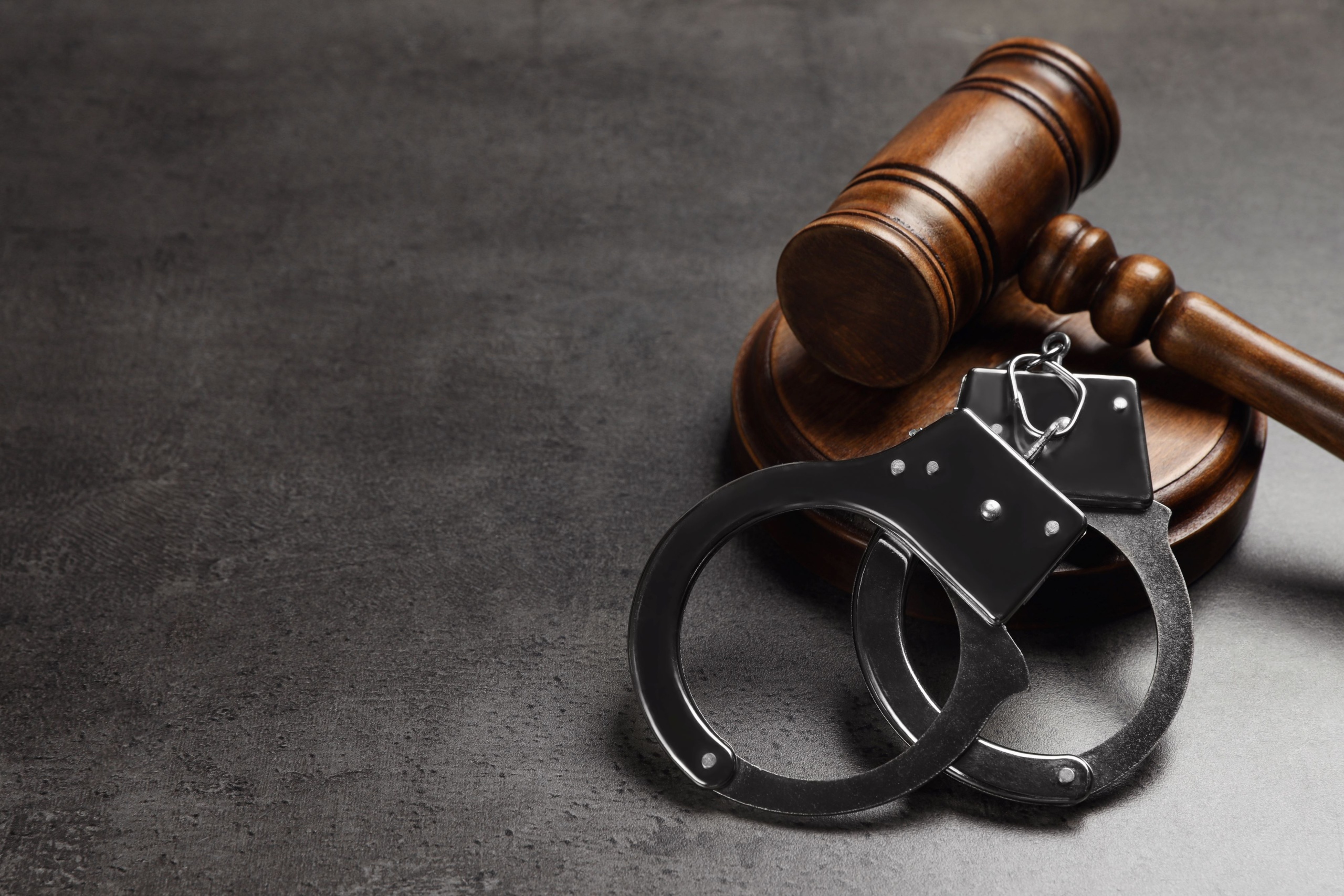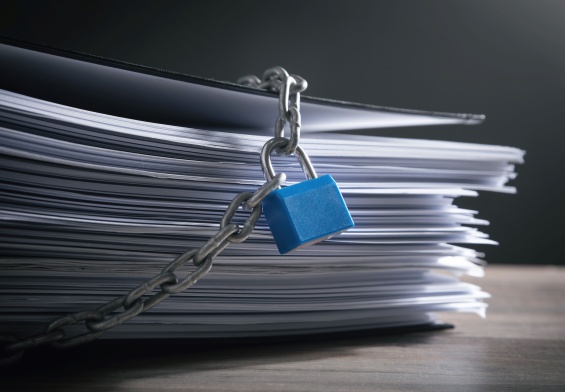When dealing with law enforcement in the tri-state area, it’s crucial to know both your rights and the extent of police powers. In New York and New Jersey, police powers are granted to ensure public safety, but they are balanced against the rights of individuals, which criminal defense attorneys play a vital role in protecting. This blog explores the limits of police powers, common situations where they apply, and why having a New York criminal defense lawyer or New Jersey criminal defense attorney is essential when your rights are at stake.
What Are Police Powers?
Police powers refer to the legal authority granted to law enforcement to prevent and investigate crime. This includes conducting investigations, arrests, searches, and seizures. These powers are necessary to maintain public order and safety, but they also must be exercised within the boundaries set by the law. If police exceed these boundaries, the evidence they collect can be deemed inadmissible in court—a situation where having an experienced criminal defense attorney can make a critical difference.
Common Examples of Police Powers
One of the most common ways police exercise their power is through searches and seizures. Under the Fourth Amendment, individuals are protected from unreasonable searches and seizures, meaning police typically need a warrant to conduct a search. However, there are exceptions, such as when there’s probable cause or in cases of plain view. If law enforcement fails to follow proper protocol during these actions, a criminal defense lawyer can challenge the legality of the evidence, potentially getting it dismissed in court.
Another frequent example is arrest powers. Police can arrest individuals when they have probable cause to believe a crime has been committed. This can include anything from minor offenses, such as theft, to serious crimes like assault. When police arrest someone, they must follow due process, which includes reading the individual their Miranda rights. If these rights are not read, statements made during the arrest might not be admissible. A criminal lawyer will investigate whether police followed proper arrest procedures and advise on next steps.
Protecting Your Rights: The Role of a Criminal Defense Lawyer
While police powers are broad, they are not absolute. Criminal lawyers in New York and New Jersey work to ensure that your rights are respected throughout the criminal process. For instance, during an arrest or police questioning, individuals have the right to remain silent and the right to legal counsel. If police violate these rights, an experienced criminal defense attorney will argue for suppression of any illegally obtained evidence.
Criminal defense attorneys in New York and New Jersey are particularly skilled in navigating state-specific regulations regarding criminal proceedings. For instance, both states have variations in their laws regarding search warrants, probable cause, and arrest procedures. Having a defense lawyer with expertise in New Jersey or New York criminal law is essential for mounting an effective defense.
Miranda Rights and Why They Matter
Miranda rights are a well-known aspect of criminal law but are frequently misunderstood. Police are required to inform you of your right to remain silent and your right to an attorney before conducting a custodial interrogation. If they fail to do so, any confession or statement you make could be excluded from trial. A criminal defense lawyer will carefully examine the circumstances surrounding your arrest to determine if your Miranda rights were violated.
Excessive Force: Where Police Powers End
There have been numerous cases where police have overstepped their authority by using excessive force. In both New Jersey and New York, excessive use of force is illegal and can lead to legal action against the police. If you’ve been the victim of excessive force during an arrest, a criminal defense lawyer can help you seek justice by filing a civil rights lawsuit or using the incident as part of your defense in criminal proceedings.
How a Criminal Defense Attorney Challenges Police Misconduct
Criminal defense lawyers play a pivotal role in challenging police misconduct. Whether it’s an illegal search, a violation of Miranda rights, or excessive force, they ensure that law enforcement is held accountable. For example, if police failed to secure a valid warrant before conducting a search, a criminal lawyer could file a motion to suppress any evidence found during that search. Similarly, if a confession was obtained under duress or without proper Miranda warnings, the lawyer could argue to exclude that confession from trial.
In New York and New Jersey, criminal defense attorneys are adept at challenging the actions of law enforcement. They analyze every step of the police investigation and arrest process, ensuring that any missteps are brought to light in court. This thorough review of police actions can often make the difference between a conviction and an acquittal.
Final Thoughts: Knowing Your Rights and Seeking Legal Representation
Police powers serve an important role in maintaining public safety, but they must always be balanced against individual rights. If you find yourself facing criminal charges, it’s critical to understand both the limits of police authority and your constitutional rights. A skilled criminal defense attorney will be your advocate, ensuring that your rights are protected and that any misuse of police powers is challenged in court.
Whether you’re in New York or New Jersey, securing legal representation from a criminal lawyer as soon as possible can make a significant impact on the outcome of your case. Police misconduct, illegal searches, and improper arrests are all issues that a criminal defense attorney will examine closely to build the strongest possible defense on your behalf. If you or a loved one is dealing with criminal charges, contact an experienced criminal defense lawyer to protect your rights and freedom.




